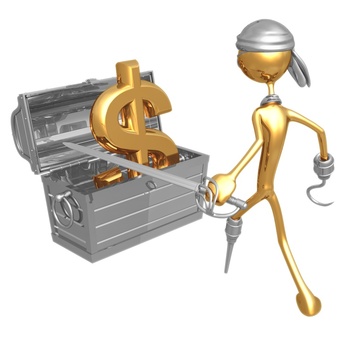 I do a lot of math in my job. Which is funny, considering my history with high school algebra.
I do a lot of math in my job. Which is funny, considering my history with high school algebra.
Whenever I find a duplex I think may be of interest to a client, I quickly do an investment property analysis worksheet before I send it on.
I do this exercise regardless as to whether the property might be suitable for an investor or an owner occupant. All have highly personalized goals. Some want a certain rate of return on their money. Others want to be sure their portion of the house payment stays within the confines of their budget.
I’ve had to add a calculation to my worksheet this year: property taxes.
I’ve always counted the taxes as an operating expense. That’s nothing new. This year, however, I’m calculating how much they are likely to drop on January 1, 2009.
Yes, I said drop.
The metro area cities haven’t released their budgets or tax rates for next year just yet. We don’t know what the tax rate will be. That’s a variable I can’t control.
However, assuming the rate stays the same, coupled with the drop in property values we’ve experienced over the last few years, and the likelihood that a sale price will be dramatically different than the market value of the property on the tax records, I can calculate any potential savings.
Sometimes, the resulting number makes the difference between a good and great buy.
A client recently wrote an offer on a gorgeous duplex that had been lingering on the market. The property had just experienced a price reduction, and while it wasn’t hemorrhaging cash, it didn’t have that great of a return on it either. It was, however, in a terrific location, and all parties involved knew when the market returns to more normal conditions, the upside would be tremendous.
The tax value on the property in 2007 was in the mid $500’s. For 2008, the taxable market value was $490,500. A telephone conversation with the county assessor revealed the taxes for 2009 would be based on a value of $395,000.
Property taxes for this duplex in 2008 are approximately $7800. In 2009, the taxes will drop approximately 25%. What’s more, the buyer has a family member who intends to occupy the property. The difference between the homestead and non-homestead tax rate in this instance drops the bill another $1000.
In all, there is a savings on this particular property of $2640 a year. That amount not only gave the buyer a terrific return, but turned his purchase from a very good to a great investment.

